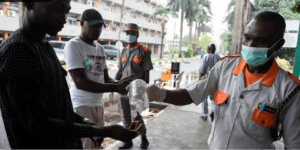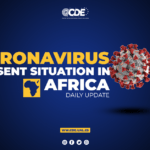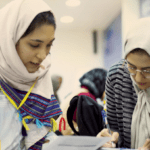The Commission is providing €64.7 million in humanitarian aid for countries in the southern Africa region to help support people in need dealing with the coronavirus pandemic, extreme weather conditions such as persistent drought in the region and other crises.
Financing projects by country
Funding from this aid package will go for humanitarian projects in Angola (€3 million), Botswana (€1.95 million), Comoros (€500,000), Eswatini (€2.4 million), Lesotho (€4.8 million), Madagascar (€7.3 million), Malawi (€7.1 million), Mauritius (€250,000), Mozambique (€14.6 million), Namibia (€2 million), Zambia (€5 million) and Zimbabwe (€14.2 million). A further €1.6 million is allocated to regional disaster preparedness actions.
Funding targets
- food assistance to vulnerable households and helping farmers in the affected areas restore their means of subsistence;
- coronavirus prevention and preparedness actions to support local health systems and facilitate access to health care, protective equipment, sanitation and hygiene;
- disaster preparedness projects that also cover new needs brought about by the coronavirus pandemic. They include strengthening early warning systems and evacuation plans for communities at risk of natural hazards to having emergency stocks of personal protective equipment;
- support for children’s education and providing training to teaching staff.
Given the serious deterioration of the security situation in Cabo Delgado in northern Mozambique, €5 million will support vulnerable people in the area.
More information
Factsheet: Southern Africa and Indian Ocean







Leave a Reply